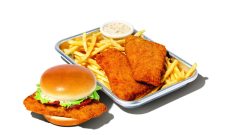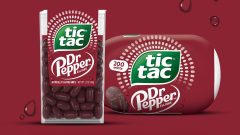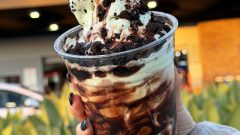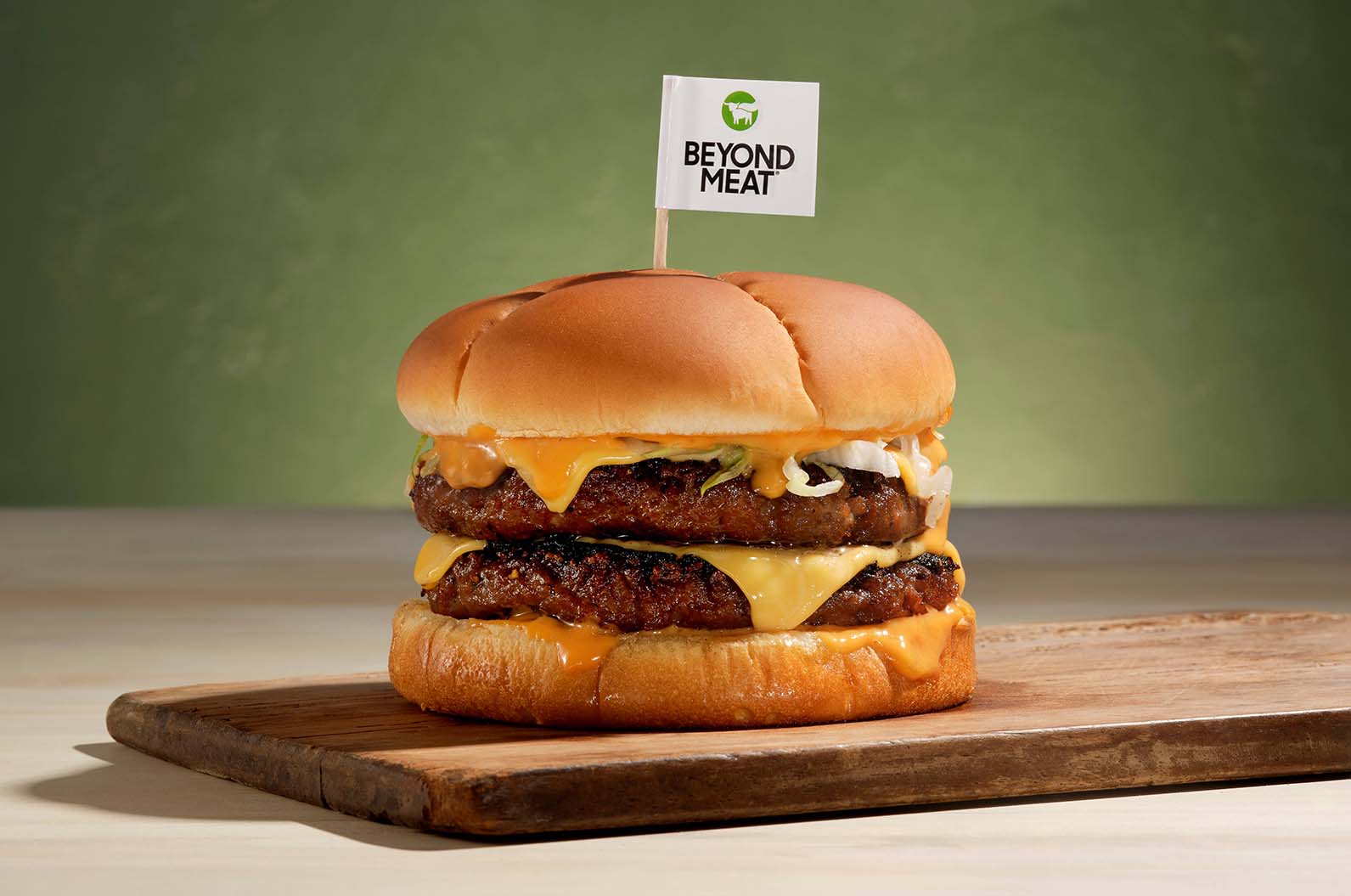Can Eating Cheese Cause Nightmares? New Study Says Yes
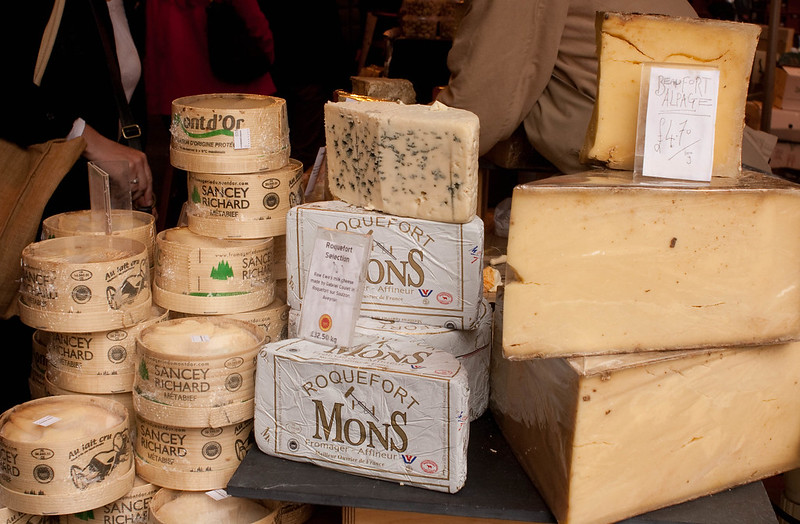
Has anyone ever told you that eating cheese can cause nightmares? You’re not alone. A new peer-reviewed study published in Frontiers in Psychology supports this long-standing theory. Researchers found that lactose-intolerant people who consumed dairy had a higher likelihood of experiencing nightmares—especially when eaten later in the day.
“Night severity is robustly associated with lactose intolerance and other food allergies,” said Tore Nielsen, lead author of the study and professor at Université de Montréal, in an interview with VegNews. “These new findings suggest that changing eating habits for people with certain food sensitivities could reduce nightmares. They could also explain why people so often blame dairy for bad dreams.”
The study involved 1,000 students, who were asked about their sleep and eating habits, as well as whether they had experienced nightmares recently. Researchers found that the frequency of nightmares and poor sleep increased as an individual’s allergies worsened.
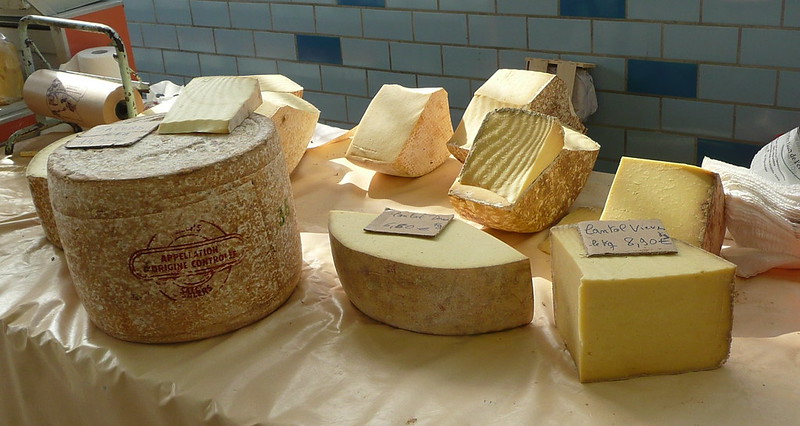
One-third of participants admitted to regularly experiencing nightmares, and nearly twice as many women reported poor sleep compared to men. When asked if they believed food influenced their sleep, 40% said yes, with one in four pointing to specific foods—mostly dairy, sweets, and spicy dishes.
A common pattern emerged: participants with food allergies were more likely to have disrupted sleep. In particular, those with lactose intolerance who ate dairy reported not only nightmares but also poor rest, gas, and bloating.
“Nightmares are worse for lactose-intolerant people who suffer severe gastrointestinal symptoms and whose sleep is disrupted,” Nielsen explained. “This makes sense, because we know that other bodily sensations can affect dreaming. Nightmares can be very disruptive, especially if they occur often, because they tend to awaken people in a dysphoric state. They might also lead to sleep avoidance behaviors, both of which can rob you of restful sleep.”
Previous research suggests that tyramine—a substance found in aged cheeses—may contribute, as it affects brain chemical levels. Eating late-night meals, which disrupt digestion during sleep, could also play a role. However, the study did not test whether vegan cheese produced the same effect. For those prone to bad sleep after eating, experts recommend avoiding food at least two hours before bedtime.



